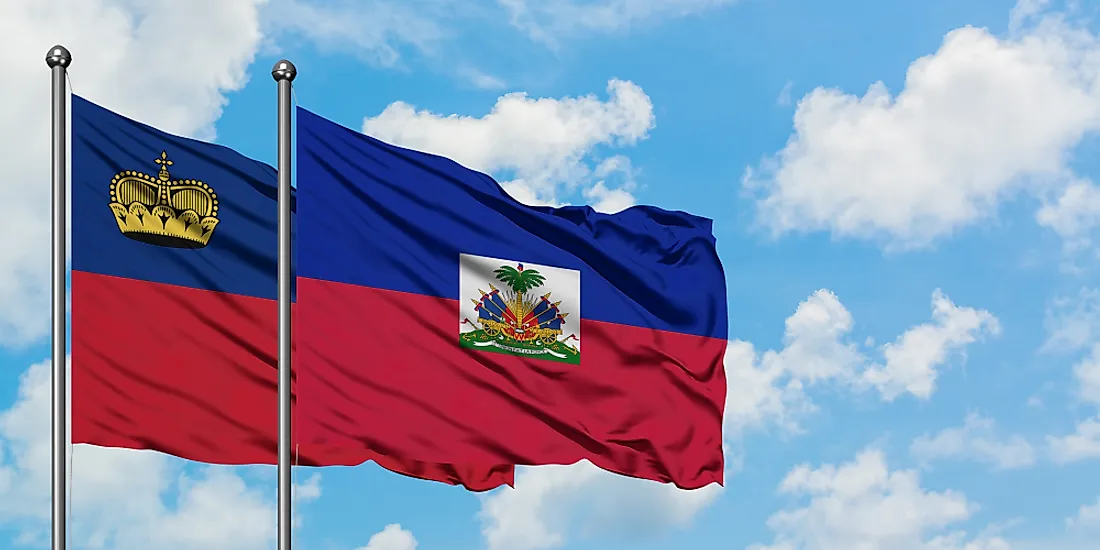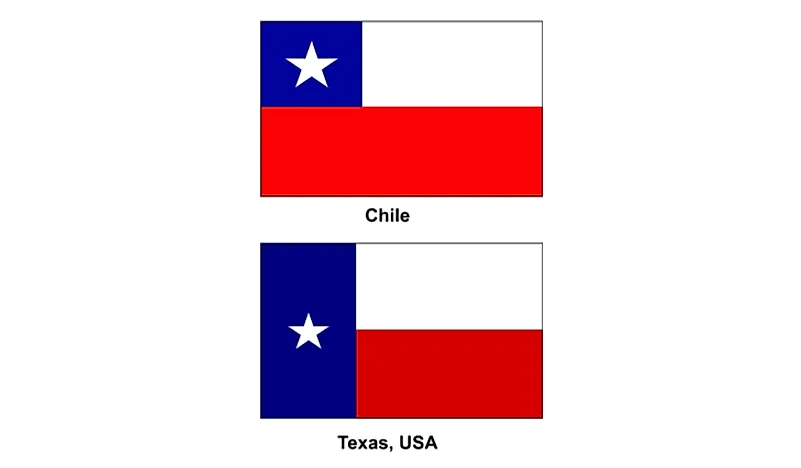The official and national language of Sao Tome and Principe is Portuguese. The country was an overseas colony of the Portuguese Empire from 1470-1975 and thus, the language was used by most, if not all residents during this time. After independence, the language has remained the main method of communication in the country due to the previous 300 years of ingrained use. Other African countries that speak Portuguese include Angola, Cape Verde, Equatorial-Guinea, Guinea-Bissau, and Mozambique.
Approximately 98% of residents speak Portuguese and many different ethnic groups share the language as their native tongue. This number includes the Portuguese-Creole variants that have naturally evolved over time. In 1992, the five African countries that speak Portuguese formed the African Countries of Portuguese Official Language (PALOP) organization that seeks to promote the language, culture and cooperation of Portugal and Brazil in Africa.
Portuguese is similar to Spanish in terms of pronunciation and the two tones of the language come in formal and informal. "Como vai?", a common phrase, means "how are you?" A correct response to this phrase is "mui-to bem", which translates as "very good". Although there are quite a few local Creole variants of Portuguese, they are mutually communicable with one another.
Angolar Creole, Cape Verdean Creole, English, Forro, French, and Principense are minority languages taught in schools across the country and many citizens speak multiple languages. The culture of Sao Tome and Principe is heavily influenced by the Portuguese colonial period as well as the African location of the nation. The main religion of the islands is the Roman Catholic Church which has close ties to the church in Portugal. There is also a small, but growing, Muslim community that understands basic Arabic phrases associated with Islam.
This page was last modified on May 1st, 2018
More on Graphicmaps

Published on 2019-11-06
What is a Trade Embargo?

Published on 2019-11-04
Which Two Countries Used to Have the Same Flag?

Published on 2019-09-16
What Is the Only Two-Sided State Flag?

Published on 2019-09-16
Which Country Flag Looks Like the Texas Flag?

Published on 2019-08-29
Flags That Resemble the US Flag

Published on 2019-08-20
